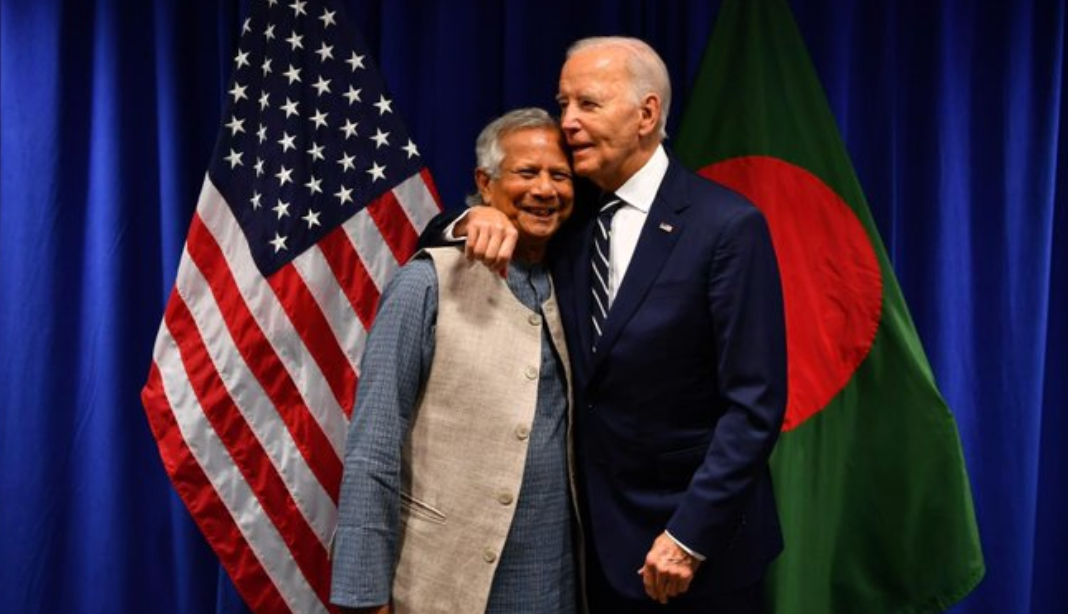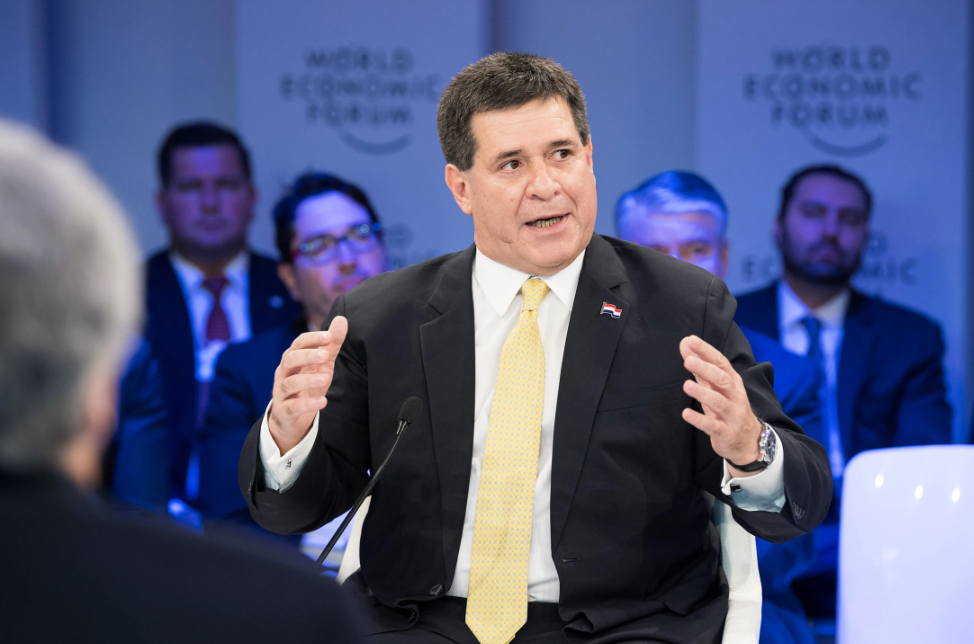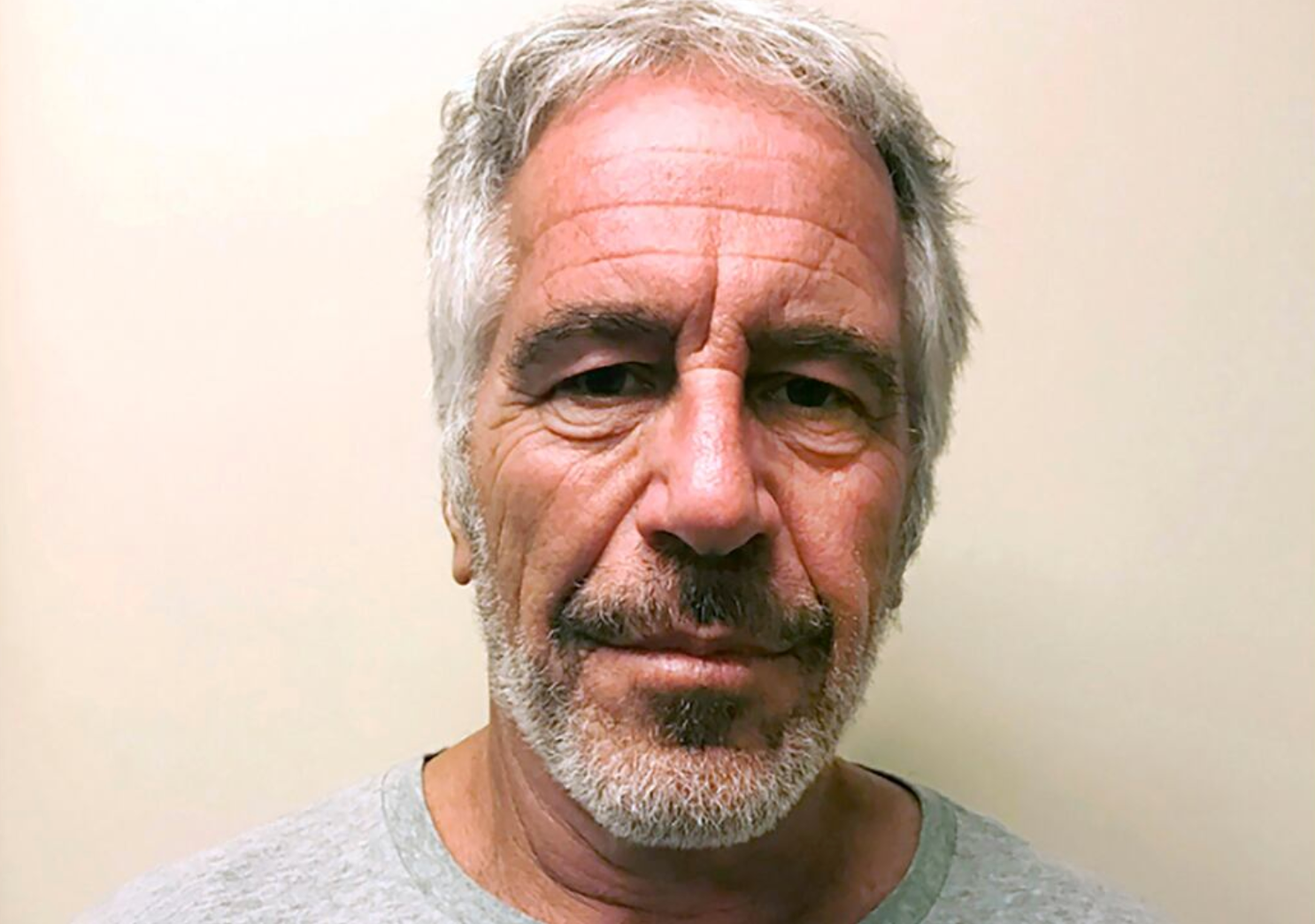Disney's Ridiculous Anti-Gambling Crusade
October 27, 2017
There is a potential ballot measure in Florida for 2018 that is worthy of your attention, the “Florida Voter Approval of Casino Gambling Initiative.” If passed, all future casino businesses would need permission from Florida’s voters, not the legislature, to operate in this state.
We all should support a more inclusive political environment. However, we also need to fully understand the corporate interests behind such an initiative; Disney has aggressively funded this anti-casino lobbying effort.
It’s a natural assumption that Disney’s long-time opposition to casino expansion has to do with maintaining the family-friendly reputation of the company. After all, you’ll never see images of Mickey Mouse rolling a pair of dice or celebrating a successful spin at the roulette table. However, Disney’s subsidiary, ESPN, makes considerable profits from the dissemination of gambling information.
ESPN’s website offers an entire section, “Chalk,” which is purely dedicated to gambling. That’s where you can evaluate the latest sports betting odds, check out Chad Millman’s podcast “Behind the Bets,” in addition to a variety of other gambling-related content.
ESPN has also accepted advertisements from Bet 365, a U.K.-based sportsbook. Likewise, ESPN and another U.K. bookmaker, William Hill, once developed an app, ESPN Soccer Goals, which directly enabled U.K. sports fans to bet the games online.
That wasn’t Disney’s first foray into the gambling sector. Disney acquired PureSkills.com in 2000 and rebranded it as SkillGames.com after investing millions of dollars into the company. The website was set to be launched in 2001 in a venture of what could be best described as “skill-based gambling.” Participants had to pay to play various games (word, trivia, sports, etc.) with the chance to win cash prizes. However, Disney ultimately backed out of this deal at a time when a few influential Congressmen were trying to outlaw Internet gambling.
Disney’s connections with gambling aren’t limited to online content. For example, very few people think of professional poker as a sport. Nor has anyone ever viewed the World Series of Poker and thought to themselves, “Wow. What a collection of the world’s greatest athletes.” Regardless, ESPN, “the Worldwide Leader in Sports,” earns hefty revenues from its extensive coverage and broadcasts of these competitions.
(Colin Cowherd - Wikimedia Commons)
Furthermore, several ESPN commentators openly discuss the betting odds of the upcoming games. Albeit, they often provide a disclaimer such as, “I don’t condone gambling, but…” Then again, the former ESPN show host Colin Cowherd never offered such a pretense. On a weekly basis, he extensively analyzed the point spreads with his guest, R.J. Bell of the sports handicapping service PreGame.com.
If Disney truly had a moral aversion to gambling, it wouldn’t have accepted millions of dollars in advertisements from the daily fantasy sports DraftKings during the 2015/2016 football season. Likewise, Disney wouldn’t have entered into negotiations to purchase a $250 million stake in DraftKings as it did one year earlier. Disney never closed that deal, but suffice it to say, Disney isn’t opposed to gambling. It’s opposed to the competition from gambling.
Their company has donated over $1 million this year to multiple anti-casino groups to promote the “Florida Voter Approval of Casino Gambling Initiative.” Again, there is nothing wrong with giving the voters more power. In fact, we should support such an initiative. However, let’s have an honest conversation about the pros and cons of the legislation. Let’s examine if additional casinos would hit a point of diminishing economic returns, along with all of the other relevant issues. Also, let’s be fully aware of the special interests involved.










